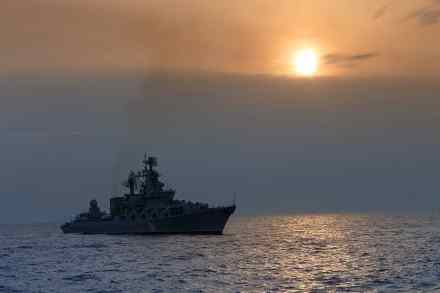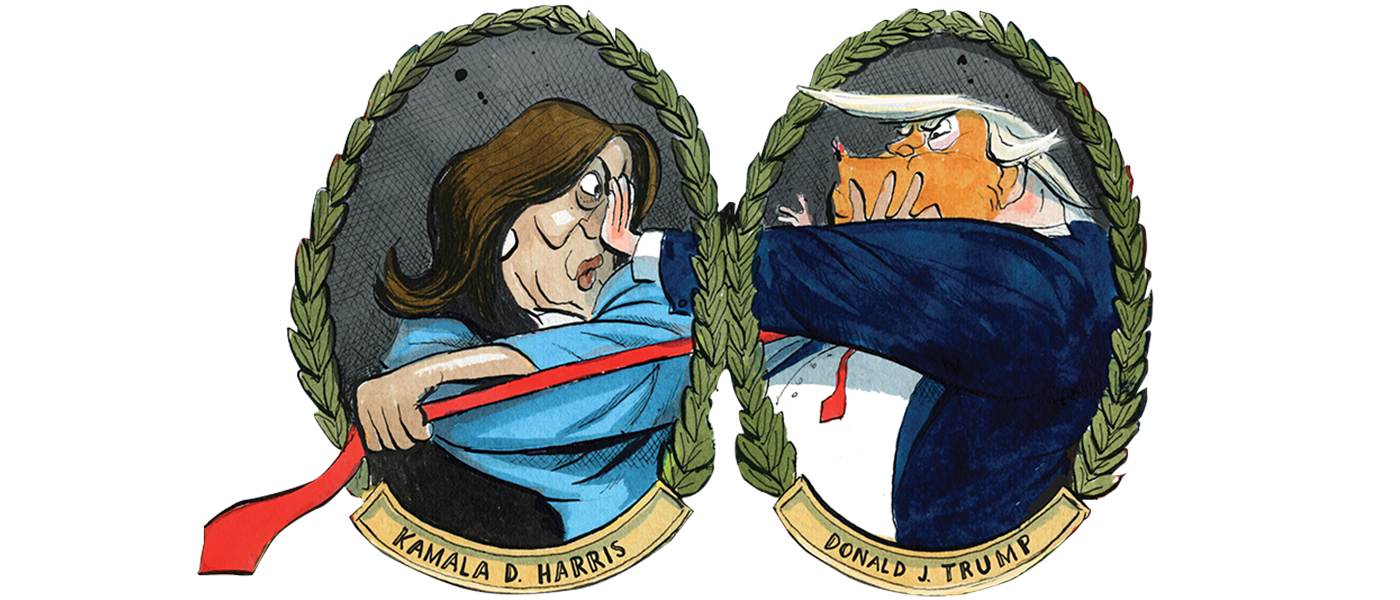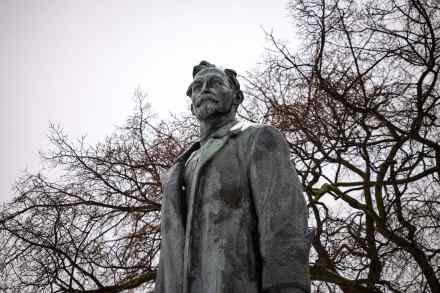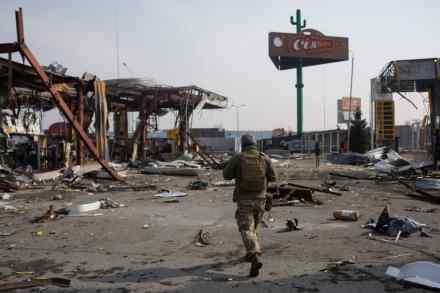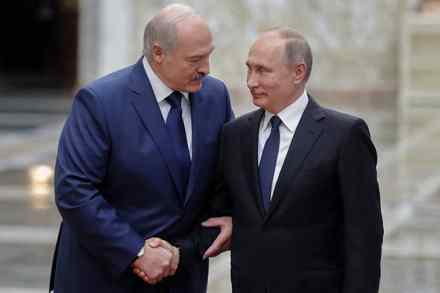Why the sinking of the Moskva matters
The sinking of the Russian guided missile cruiser Moskva is both a reminder of the past and a marker for the future. It harkens back to a lesson learned forty years ago. It was in 1982, in the waters around the Falkland Islands, that the ability of anti-ship missiles to destroy modern warships was brought home to much of the world. It was a shock for many to see a not-first-rate military run by the oppressive Argentinian Junta being able to destroy a number of the newest British warships during the Falklands War. Most notably the destroyer HMS Sheffield, which had been commissioned only seven years before, was destroyed after being
